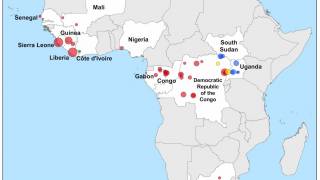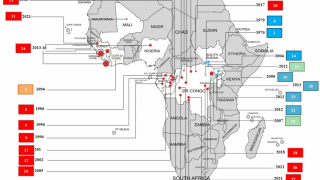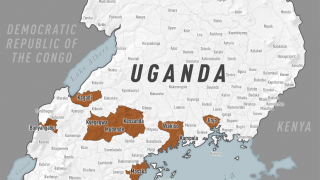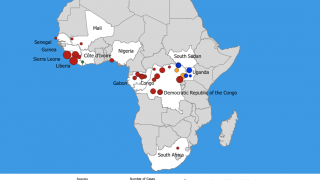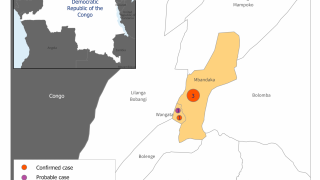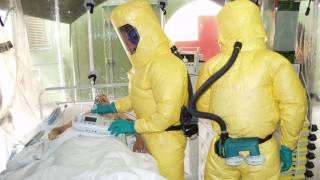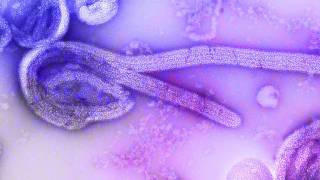UT-Austin Transforms Vaccine Distribution to Developing Areas

Access to vaccines around the world could get much easier thanks to innovative scientists in the College of Pharmacy at The University of Texas at Austin (UT-Austin).
These UT-Austin scientists have developed an inexpensive vaccine delivery method that preserves live viruses, bacteria, antibodies, and enzymes without refrigeration.
This technology has already demonstrated proof of concept for Ebola and H1N1 vaccines, and it may prove to be an effective method of delivery for future treatments of pathogens such as the SARS-CoV-2 coronavirus that causes COVID-19 disease.
Maria A. Croyle, RPh, Ph.D., and her research team in the lab of the Division of Molecular Pharmaceutics and Drug Delivery at UT-Austin have released a research paper describing a peelable lightweight film that stabilizes biologics and withstands extreme temperature changes.
“It is essentially a plug and play platform,” said Professor Croyle, who is the Glaxo Wellcome Endowed Professor of Pharmaceutics at UT.
“Once we know the specific qualities of a vaccine candidate, we can adapt the film’s components to meet those requirements, suspending and sealing it within the film matrix in a way that allows it to withstand extreme temperature changes and release the vaccine components in a precise and controlled manner.”
As researchers develop vaccines and biologic treatments for deadly diseases, a 2nd challenge comes in distributing those treatments to remote, developing and low-income areas around the world.
More than half of the leading causes of death in low-income countries were the result of infectious disease, while costs associated with storage and shipping vaccines and biological drugs make up 40 percent of the cost of drugs in the Western world.
Professor Croyle’s film is not only inexpensive but nearly one-thousandth the size of traditional vaccine vials and requires no refrigeration throughout the delivery and administration process.
The technology could significantly increase the survival rates for existing preventable diseases and drastically reduce the timetable and cost to combat emerging diseases before they spread worldwide.
Thirteen of the current WHO-recommended vaccines are distributed as solid products, primarily as lyophilized powders.
While this method of stabilization has significantly extended the shelf life of vaccines, it remains limited by high production costs necessary to acquire specialized equipment, long processing times of more than 48 hours in some cases, and susceptibility of vaccine candidates to the process stressors of freezing and drying.
The impact of this is significant given that the WHO estimates that nearly 50 percent of lyophilized and 25 percent of liquid vaccines are discarded each year, due to disruption of the cold-chain.
Thus, there is a growing demand in the pharmaceutical industry for novel technologies that stabilize proteins and other biologicals through a nonthermal approach, said this research paper.
The film technology developed by Professor Croyle has been licensed to a new startup company based in Chapel Hill, North Carolina.
The research authors include Irnela Bajrovic, a doctoral candidate in the College of Pharmacy’s Division of Molecular Pharmaceutics and Drug Delivery; Stephen C. Schafer of the College of Pharmacy’s Division of Molecular Pharmaceutics and Drug Delivery; Dwight K. Romanovicz of the Institute for Cellular and Molecular Biology in the College of Natural Sciences; and Croyle.
The University of Texas at Austin College of Pharmacy is recognized as one of the nation’s elite pharmacy programs for education and research. The most recent ranking by U.S. News and World Report places the UT Austin program at No.3 of the more than 100 pharmacy programs in the country.
‘What starts here truly changes the world.’
This research team published its findings in the journal Science Advances.
Vaccine development news published by Precision Vaccinations.
Our Trust Standards: Medical Advisory Committee



